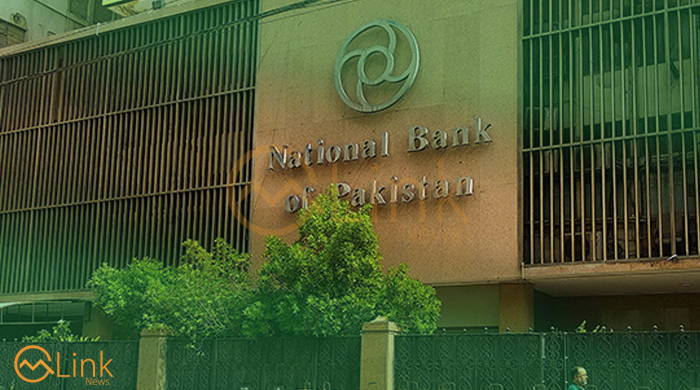Mettis Global Company held its first-ever online event series on April 23, 2020, featuring prominent personalities from the financial industry, including the Country Head (Corporate and Institutions) of AWT Investments, Mr. Niran Rehman as the host, and CEO of MAFA Capital, Mr. Muzzamal Islam, CEO of NBP Funds, Dr. Amjad Waheed and CEO of Roshan Packages Mr. Tayyab Aijaz Qureshi as Guest Speakers.
With ‘Pakistan’s Economy in the Current and Post COVID-19 World’ as the central theme of discussion, the guest speakers talked about matters ranging from stock market volatility to aggressive measures taken by the SBP and various other issues that are or might impact the well-being of the economy in the near-term.
Regarding the measures taken by the State Bank of Pakistan recently, the CEO of MAFA Capital said that the SBP has taken very aggressive and prompt measures to enable a conducive environment, considering interest rates, liquidity, banks, and businesses. Moreover, he said that aggregate buffers and other stringent regulatory actions were, in fact, a blessing in disguise for the economy.
Coming to the biggest issue being faced by the industries across the board, i.e. shut down of business operations due to the lockdown, the CEO of Roshan Packages said that even if the businesses were to be opened amidst the lockdown, the safety of all employees and their transportation would still be a hurdle for the majority of the companies.
He also shed some light on the demand-side and supply-side issues being confronted by various sectors in the economy. According to him, the demand-side challenges comprised of higher demand for goods and services, but lack of inputs and resources to satisfy those demands. On the other hand, the supply-side problems comprised of slower cargo movements, and higher freight charges despite lower prices of oil.
Dr. Amjad Waheed also spoke about how different sectors were coping with the lockdown, including the current state and ultimate fate of the SMEs. He said that the industrial and services sectors shall suffer comparatively higher than the agricultural sector. SMEs, he said, will probably not come out of this situation the same as before, due to a shortage of liquidity.
The Banks are unwilling to provide any financial assistance to SMEs as they don’t want to take any risks, especially in situations where there is no collateral. Due to this reason, it is imperative for the government to provide the much-needed liquidity to the SME sector by implementing aggressive policies that can allow the latter to receive loans from the banks, he added.
The Host of the series then spoke about the long, huge, U-shaped recovery that is projected in the ongoing pandemic, and asked if the same can be expected for Pakistan’s economy. To this, Muzzamal Islam said that the ratio of FDI-to-GDP and Exports-to-GDP is low in the country, which is a blessing in disguise in itself. He said that IMF’s projection regarding the contraction of the economy in 2020 and recovery in 2021 was agreeable, but didn’t seem to fix perfectly in the context of Pakistan’s economy.
With regard to the tax situation in the country, Tayyab Qureshi said that taxes on the agricultural sector must be curtailed to boost the demand in the current situation. He also said that Pakistan should re-negotiate with the IMF regarding the tax collection targets as they seemed to be unrealistic and unachievable especially in a time like this. When asked if this was the correct time to negotiate with the IMF regarding tax collection targets as well as other issues being faced by the country, the CEO of NBP Funds agreed.
Regarding the volatility of the Stock Market, it was said that at this stage, the scrips were more attractive than ever as lower interest rates and curtailment of dividends would improve the position of the companies who were facing high leverage, which in turn would boost the value of shares.
Finally, it was asked if Pakistan will find itself in a debt trap once the pandemic is over, to which Muzzamal Islam said that a debt-trap situation was unlikely as Pakistan has adequate buffers to support future deficits. Moreover, he said that 92% of Pakistan’s economy is domestic, which means that the country does not need to rely on external sources for financing needs.
Copyright Mettis Link News
34423







